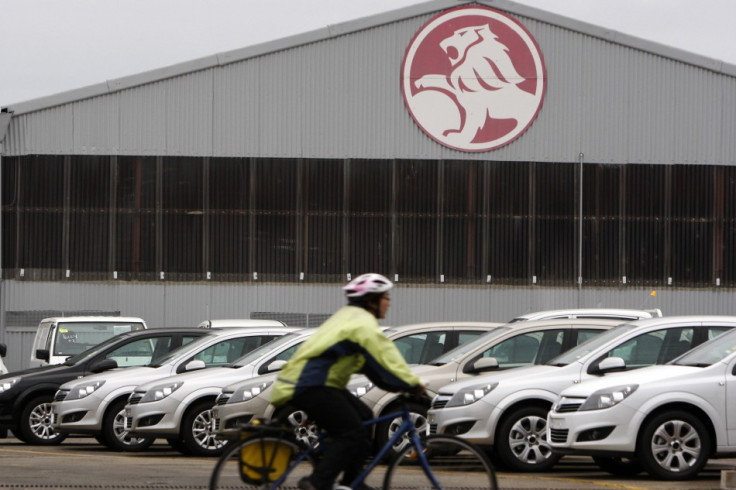Australia Announces $90m Job Package to Offset GM's Exit

Australia has come up with a package to help the employees of General Motor's subsidiary Holden, which decided to end car manufacturing operations in the country.
The country's federal government has set up a A$100 ($90m, £55m, €65m) fund to create jobs in the states affected by Holden's decision.
The federal government will provide A$60m to the scheme, and the Victorian state government will contribute A$12m.
Prime Minister Tony Abbott is expected to ask the state of South Australia to make a contribution similar to that of Victoria. In addition, he expects a A$20m contribution from Holden.
Nevertheless, the Labour Government in South Australia has slammed the package as "manifestly inadequate" and "insulting".
Abbott has agreed to the fact that some workers will have difficulty finding new jobs.
"Some of them will find it difficult, but many of them will probably be liberated to pursue new opportunities and to get on with their lives," he said.
"We have to accept that what was right for people 10 years ago or 20 years ago is not necessarily going to be right or possible for them far into the future, and we do have to be prepared to adapt - individually and collectively."
The fund, which will be released in the next financial year, will provide support for car parts manufacturers to find new customers, to conduct research on new products and processes and for the expansion of existing manufacturers in South Australia and Victoria.
Automakers' Exit
Earlier in December, Holden said it will cease its manufacturing operations in Australia by the end of 2017. As a result, the company would transition to a national sales company in Australia and New Zealand.
The decision will impact about 2,900 jobs at GM's Australian subsidiary over the next four years.
The company said its decision was primarily due to rising manufacturing costs in Australia that has increased 65% from a decade ago due to the appreciation in the Australian dollar.
Higher manufacturing costs in Australia have prompted many automakers to exit their manufacturing operations in the country. In May, Ford Motor said it would shut its two Australian auto plants in October 2016. Mitsubishi Motors exited the country in 2008.
There are also concerns that Toyota Motor, the world's largest automaker, would exit its Australian operations, resulting in the collapse of the entire domestic automotive industry that supports more than 40,000 workers and 150 supplier firms.
"This will place unprecedented pressure on the local supplier network and our ability to build cars in Australia," Toyota said in a response to Holden's decision.
Abbott said earlier that his government will hold talks with the Japanese automotive giant to persuade it to continue car production in the country.
© Copyright IBTimes 2025. All rights reserved.






















